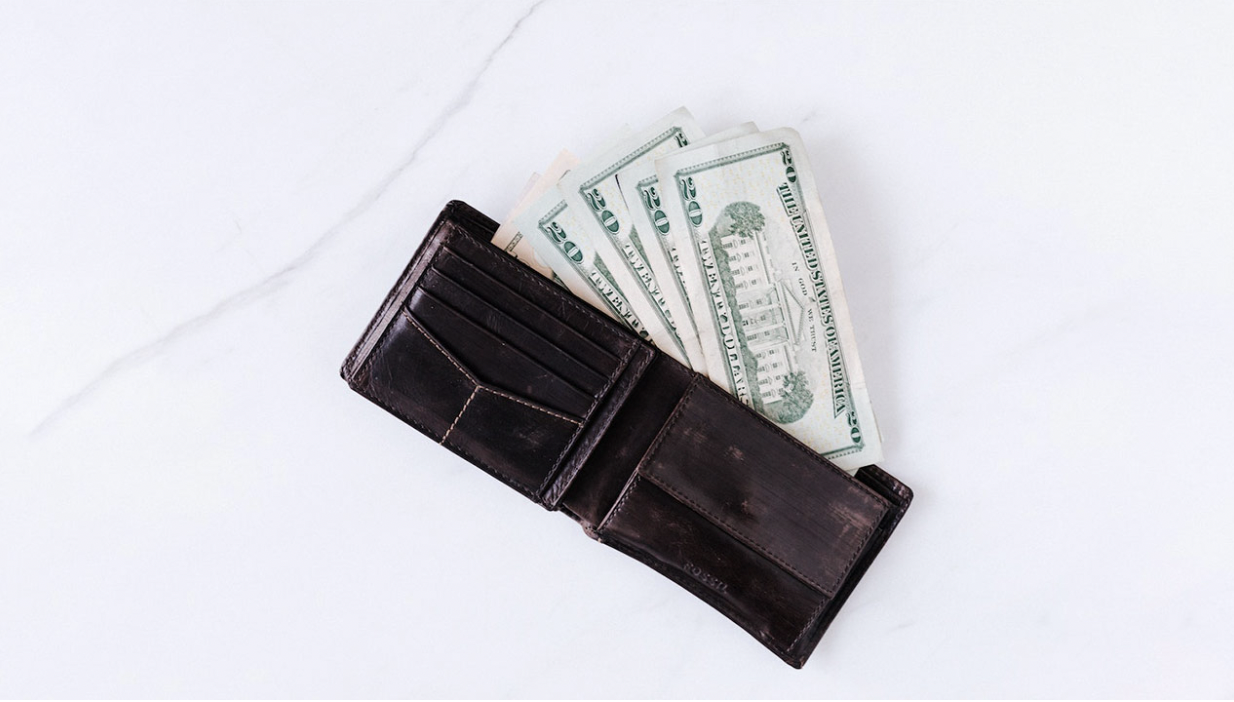How to choose the best payday loans for bad credit
If you’re considering taking out a payday loan, it’s important to choose the right one. There are many factors to consider, such as interest rates, loan terms, and fees. Here’s a guide to help you choose the best payday loan for bad credit.
The Different Types of Payday Loans.
With an online payday loan, you can apply for a loan from the comfort of your own home. All you need is a computer and an internet connection. You will typically be asked to provide your bank account information so that the lender can deposit the money directly into your account. Once you have been approved for the loan, you will typically have to repay it within two weeks.
Advantages of online payday loans include convenience and flexibility. You can often get approved for a loan quickly and easily, and you may be able to choose your own repayment terms. Disadvantages of online payday loans include high interest rates and fees, as well as the risk of identity theft if you provide your personal and financial information to a scammer.
In-Store Payday Loans.
In-store payday loans are obtained by visiting a payday lending store in person. You will fill out a paper application and may be required to show proof of income and employment. The lender will then give you the money in cash or as a prepaid debit card. You will typically have to repay the loan on your next payday, although some lenders may allow you to extend the repayment period for an additional fee.
Advantages of in-store payday loans include being able to get the money immediately, as well as having more flexible repayment terms than online payday loans. Disadvantages of in-store payday loans include high interest rates and fees, as well as the inconvenience of having to visit a store in person.
Payday Loan Alternatives
Payday loan alternatives are other types of short-term loans that can be used instead of traditional payday loans. These alternatives can often provide lower interest rates and fees, as well as more flexible repayment terms than traditional payday loans. Some examples of payday loan alternatives include installment loans, lines of credit, and short-term personal loans from banks or credit unions.
Advantages of using a payday loan alternative include lower interest rates and fees, as well as more flexible repayment terms than with traditional payday loans. Disadvantages of using a payday loan alternative may include having to qualify for the loan based on creditworthiness, as well as not being able to get the money immediately like with traditional payday loans.
Consider Your Options Carefully.
When you’re taking out a payday loan, one of the most important things to consider is the interest rate. The interest rate will determine how much you’ll ultimately have to pay back, so it’s important to choose a loan with a low interest rate if possible. There are a few different ways to compare interest rates on payday loans. First, look at the APR, which will give you an idea of the total cost of the loan over time. Then, look at the actual interest rate itself and compare it to other rates you’ve seen. Finally, make sure to read the fine print carefully before agreeing to any loan; some lenders charge hidden fees that can significantly increase the overall cost of the loan.
Loan Terms.
Another important factor to consider when choosing a payday loan is the loan term. The term is the amount of time you have to repay the loan, and it can vary from lender to lender. Some lenders offer short-term loans with terms as short as 14 days, while others offer loans with terms as long as 90 days or more. Ultimately, it’s up to you to decide how long you need to repay the loan, but keep in mind that shorter terms will typically result in higher payments each month.
Fees.
In addition to interest rates, another thing that can impact the cost of your payday loan is fees. Many lenders charge application fees, origination fees, or even late payment fees if you miss a payment on your loan. Be sure to read all of the fine print before agreeing to any loan so that you’re aware of all potential fees and charges.
Read the Fine Print.
When you take out a payday loan, you will need to repay it by your next payday. Make sure you understand the repayment schedule before you agree to the loan. Some lenders will allow you to roll over the loan for another pay period if you can’t pay it back on time, but this will usually cost you extra in fees and interest.
Prepayment Policy.
Some lenders may charge a fee if you pay off your loan early, so be sure to read the fine print before agreeing to the loan.
Renewal Policy.
Some payday loans can be renewed automatically, and others must be renewed manually. Be sure to find out how often your loan can be renewed, and how much it will cost each time it is renewed.
Compare Lenders.
When choosing a payday loan lender, it’s important to make sure they are accredited. This means that they have met certain standards set by the industry and are reputable. There are a few different ways to check if a lender is accredited.
The first is to check with the Better Business Bureau (BBB). The BBB accredits businesses in the US and Canada that meet their standards of trustworthiness and transparency. To find out if a payday loan lender is accredited with the BBB, you can go to their website and search for the business. If they are accredited, you will see a rating next to their listing.
Another way to check if a payday loan lender is accredited is to look for industry associations that they may be a member of, such as the Online Lenders Alliance (OLA) or the Consumer Financial Services Association of America (CFSA). These organizations have strict standards for membership, so you can be sure that any lenders who are members are reputable.
You can also check if a lender is licensed in your state by contacting your state’s Department of Financial Institutions or Office of Consumer Credit Commissioner. Not all states require lenders to be licensed, but if they are, it’s another good sign that they’re reputable.
Customer Reviews.
Customer reviews can be helpful when you’re trying to decide which payday loan lender to use. You can learn about other people’s experiences with the lender, both good and bad. To find customer reviews, simply do a Google search for the name of the lender followed by “reviews.”
Be sure to read through several reviews before making a decision. Remember that everyone’s experience is different, so take what you read with a grain of salt. If you see mostly positive reviews, that’s generally a good sign. But if you see mostly negative reviews, or if there are no reviews at all, proceed with caution.
BBB Rating.
The Better Business Bureau (BBB) is a nonprofit organization that rates businesses on a scale of A+ to F based on factors like complaint history, transparency, and customer service. You can use the BBB rating to get an idea of how a business treats its customers.
To find the BBB rating for a payday loan lender, go to the BBB website and search for the business. If they are accredited by the BBB, you will see their rating next to their listing.
Keep in mind that not all payday loan lenders are accredited by the BBB, so if you don’t see a rating next to their listing, that doesn’t necessarily mean they’re not reputable.
Conclusion
The best payday loans for bad credit will vary depending on the type of loan you need and your personal financial situation. Be sure to carefully consider all of your options before taking out a payday loan, and always read the fine print before signing any paperwork. By comparing lenders and doing your research, you can find a safe and reputable payday loan that meets your needs.





